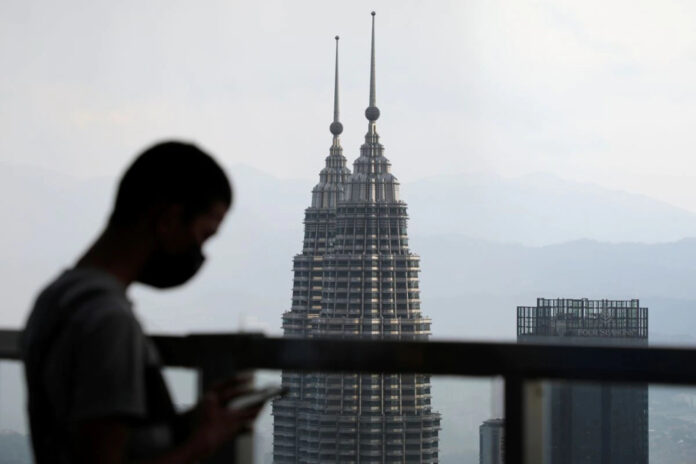According to TI-Malaysia, the continued drop in Malaysia’s score and ranking can be attributed to the lack of action from the current and previous governments to curb political corruption and strengthen human rights records. — Reuters pic
KUALA LUMPUR, Jan 25 — Perceived corruption in Malaysia has worsened further, according to Transparency International (TI) that ranked the country 62nd in 2021, or five rungs lower than the previous year.
During an online press brief today, the international watchdog said Malaysia scored 48 points in the annual Global Corruption Index (CPI), the first time the country’s score dropped below 50 since 2012.
The international watchdog’s CPI scores countries from zero to 100, with zero being perceived as highly corrupted, and 100 marks for those perceived as very clean.
To note, TI began using its current research method in 2012, and hence has omitted comparisons with results from years before then.
“It is very important that when scores are given, governments have to look at some of these recommendations that we have made very seriously,” said TI-Malaysia president Muhammad Mohan.
“Because if not, then you are bound to have a trend whereby either scores go down and it can be very, very difficult to recover,” he added.
Previously in 2020, Malaysia had scored 51 points and placed 62nd; in 2019 it scored 53 points and was ranked 51st — also among 180 countries.
However, it is important to note that Mohan stated that it is more prudent to focus on the scores, as new countries may have been added into the study, making the ranking system sometimes misleading.
This year, Denmark, Finland and New Zealand are top of the index with 88 points each as “clean countries”, while Venezuela, Syria, Somalia and South Sudan are at the bottom of the index, with 14, 13, 13 and 11 points respectively.
Among members of the Association of South-east Asian Nations (Asean), Singapore did best, with 85 points and was placed 4th.
This was followed by Malaysia and then Indonesia with 38 points (ranked 96th), and Thailand with 35 points (ranked 110th).
According to TI-Malaysia, the continued drop in Malaysia’s score and ranking can be attributed to the lack of action from the current and previous governments to curb political corruption and strengthen human rights records.
It cited as example the political financing law that was scheduled to be tabled in Parliament by the last two governments, but has yet to be realised.
“Also, the draft IPCMC (Independent Police Complaints of Misconduct Commission Act 2019) Bill was revised to an ineffective version renamed the IPCC (Independent Police Conduct Commission) Bill.
“Tragically custodial deaths still occur in police lockups even after an RCI (Royal Commission of Inquiry) was conducted in 2015,” it added.
TI-Malaysia also pointed towards a “lack of political will to reform the MACC into a truly independent anti-corruption institution” that is accountable to Parliament.
The group suggested that Malaysia could improve its CPI rankings if it steps up institutional reforms and shows greater transparency on matters of public interest.
It urgently called for the full implementation of the National Anti-Corruption Plan (NACP), and publication of the progress on the plan’s 115 initiatives via a public dashboard
Furthermore, it called for the acceleration of the tabling of the Political Financing Act and for assurances of independence and transparency at the MACC and the Attorney General’s Chambers.
However, TI-Malaysia also commended initiatives such as the memorandum of understanding (MoU) between the government and Pakatan Harapan, which included matters such as reducing the minimum voting age to 18; as well as judicial independence on corruption cases.


